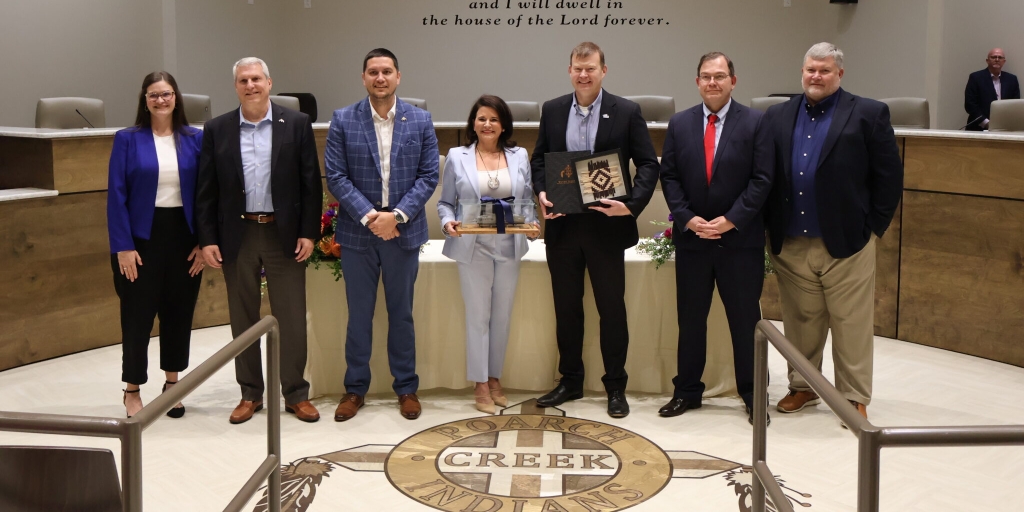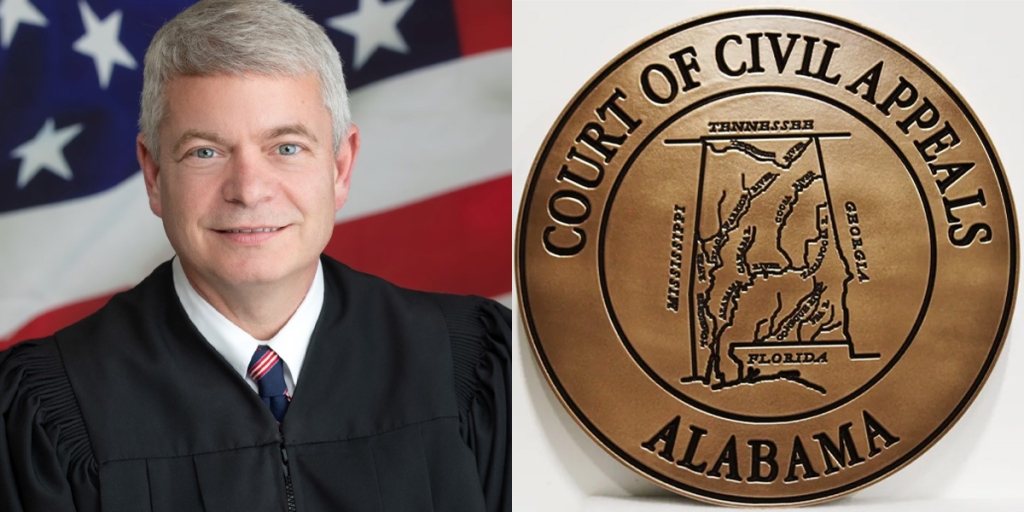On Friday, the Alabama Court of Civil Appeals dismissed two petitions for writs of mandamus filed by the Alabama Medical Cannabis Commission (AMCC). The commission sought to vacate two circuit court orders from Jan. 3 and Jan. 30, 2024, which permitted Alabama Always, LLC and other unsuccessful applicants to pursue discovery into what its attorneys call a “secretive scoring system” and wide range of procedural inconsistencies.
The court ruled that the Commission had not demonstrated that it lacked an adequate remedy through a post-judgment appeal and had raised issues not yet adjudicated by the circuit court, allowing Alabama Always to proceed with depositions and the review of documents related to the commission’s internal operations.
Attorney Will Somerville, representing Alabama Always, said the ruling will force the AMCC to follow the statute approved by the Alabama Legislature and signed into law by Governor Ivey in 2021.
“We will be able to now ask for discovery – where we can determine exactly how this commission has operated – and bring everything out in the open,” Somerville said. “All we have tried to do over the past year or so is to hold the AMCC practices and processes accountable.”
“It’s a simple thing – do what the law passed by the Legislature says for you to do. It’s step by step; not a complicated process. Why the AMCC has made this so complicated is absolutely mind-boggling.”
RELATED: Alabama Medical Cannabis Commission fights back against deposition demands, joins applicant’s appeal
Central to the court’s decisions is the principle of sovereign immunity, which protects state agencies like the AMCC from being sued. The court reiterated that any action taken by a court without subject-matter jurisdiction, other than dismissing the action, is void. The court found that Alabama Always’ original complaint, which named the AMCC as the sole defendant, did not invoke the circuit court’s jurisdiction due to this sovereign immunity.
Alabama Always is not the only unsuccessful applicant suing the Commission. The AMCC is also being sued by Southeast Cannabis Company; TheraTrue Alabama; Yellowhammer Medical Dispensaries, LLC; Jemmstone Alabama, LLC; 3 Notch Roots LLC; Pure by Sirmon Farms; Insa Alabama, LLC; and several other unsuccessful applicants.
In June 2023, after the AMCC’s first attempt to award licenses, Alabama Always filed a civil action seeking declaratory and injunctive relief against the AMCC. This became the “master case” for multiple actions against the AMCC. Alabama Always dismissed its initial complaint in November 2023 following a mediated settlement, but resumed legal action in December 2023.
RELATED: Mike Ball: Where did we go wrong? Alabama patients are still waiting for medical cannabis
In January 2024, the circuit court permitted limited discovery, which the AMCC contested by filing a petition for a writ of mandamus. The court’s subsequent rulings dismissed these petitions as moot, reinforcing the doctrine of sovereign immunity. The Alabama Court of Civil Appeals directed the circuit court to dismiss the master case and vacate all orders, including those from Jan. 3 and Jan. 30, 2024.
Alabama Always and other plaintiffs are claiming victory in the latest ruling. Somerville said the decision is a positive step forward in a process that is playing out in litigation, now six months after the AMCC’s process was completed and awards were made across all categories.
“The commission has had multiple opportunities to do this the right way – just follow the statute, implement the guidelines and award the licenses to the companies who meet the requirements,” Somerville said. “Yet, they continue to turn a blind eye to the law, which is just absolutely unnecessary and continues to hurt patients who need medical cannabis.”
Grayson Everett is the state and political editor for Yellowhammer News. You can follow him on Twitter @Grayson270













